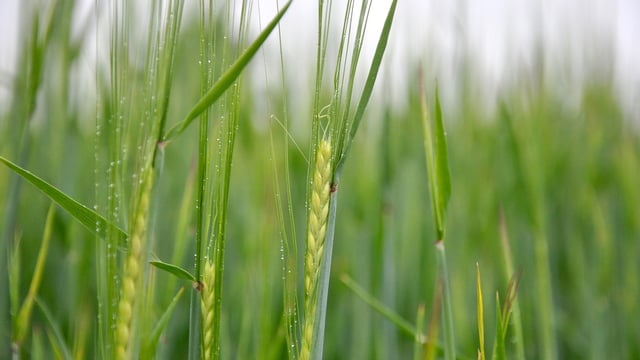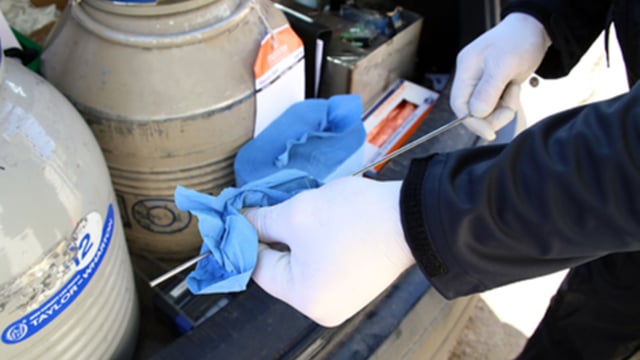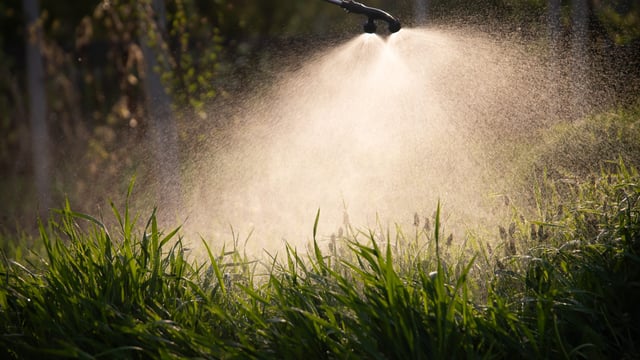Alarm sounded on 'fraudulent' biofuel feedstock imports in EU
An EU farm organisation has warned that the EU's Renewable Energy Directive has made it easier for "fraudulent" feedstocks for biofuel production to be traded into the EU.
Copa Cogeca, which represents EU farm organisations and agricultural co-operatives, has called for action to put an end to these imports.
The group says that the Renewable Energy Directive, which aims to boost the use of renewable energy, is being misused to allow "a wave" of fraudulent feedstock imports, ranging from used cooking oil, palm oil effluents, and ethanol.
Copa has written to EU transport and energy ministers, as well as the European Commissioner for Energy, Dan Jorgensen, outlining a number of demands to address the issue and "restore confidence" in market integrity.
Copa said the matter "is now raising serious concerns among European farmers and agricultural cooperatives".
The group said that waste vegetable oils, which have a high energy content, are subject to extensive global trade, making them particularly vulnerable to fraud and weak tracebility.
"As a result, unfair competition against EU crop based and waste-based biofuels in intensifying," Copa said, adding that the Renewable Energy Directive "increases the risk of indirect land use change".
"Immediate and coordinated action is urgently needed to restore market integrity, rebuild trust in certification schemes, and safeguard the EU’s long-term energy and environmental objectives," Copa said.
In its letter, Copa called for the strengthening of certification and audit rules; holding final biofuel users to account for the validity and verification of sustainability certificates; and reviewing the definition of feedstocks under the the regulation.
The farm organisation said that it is committed to green energy transition and the development of sustainable biofuels, but that current market distortions risk pushing traditional producers out of the market without "swift corrective measures".
Copa warned that this could cause "long-term harm" to EU agriculture and food security.





